Michael Wimmer, executive, research & consultingtal of Educult, talks about the creativity in the third sector organizations.
Michael Wimmer is one of the Third Sector leaders involved in the Eu3Leaders project. The project is an Erasmus+ financed project with the mission to improve the quality of the trainings for Third Sector leaders in Europe.
How do you take a lead on make the most of the opportunities that you have created?
I could say it depends on the opportunity and what is offered by the markets, by our partners or by our clients. Does it fit in our mission? Is it in this respect “productive”? Do we dispose of relevant resources, qualifications, to make something out of these opportunities? I think it’s always about the reflection and to get close to the opportunity. Does it has to do with our business? Can influence what is offered to us in this respect and what does it means? Is it in terms of individual responsibility but also does it means in terms of the future development of the whole institution?
Being a leader in third sector, you cannot escape dealing with ethical dilemmas. How do you engage one another as a team into making the final decision?
I think we are a group of experts dealing in the field mainly offer elevating culture activities, culture programs and projects, so I would say the first competence in this respect is by our staff members. My duty as a leader could be, does it fit in the all picture of our institution? Is it a contribution to our further development? Does it mean our social, culture and economic situation biased? It’s always a mixture where we can bring in the expertise of the colleagues but also my overlook of the whole institution.
As a leader, how often you visualize the future of your organisation?
Of course, formal opportunities when you have regular meeting together discussing the mission of our institution. I would say it is even more important the informal dimension when we sit together and decide either to do this or not to do that. There are indirect dimensions in the everyday decision-making process which stops or develops implicitly what are our values, what are our principles and so, what is our mission.
Do you have any strategies in place to make most of the ideas and opportunities to create value to your organisation?
I find it difficult to talk about it. Because, who is going to decide about how to make most of (our ideas and opportunities)? I think we have to organize a good development of our institution. Sometimes we assume that a kind of cooperation or a certain project is a better example of our mission. In other cases, there might be some reasons to do (a project) which do not link very close to our mission. Nevertheless, it is important always the mixture of the activities to decide about good or less good future. There a very simple thought that you can always think about, that is “has this been a good decision?” Sometimes of course failures can occur and then, the only advice I can give is, try better next time.
How do you promote creative thinking in your organisation as a leader?
There is a lot of independence of the individual experts. In the team they can make use of the expertise of their colleagues and, if they are in contact with partners from outside, they can receive additional information. I will say that the creativity is within the people. The job of the leader, in this respect, is to open a space for developing and realising creativity. And, on the other hand, there are needs of those who assign us to do this or that, and we have to act professionally, which often is not synonymous of expressing or carrying out our creativity. Altogether, I would say the most important to have in mind is to work together. The culture of the institution which can promote the creativity but at the same time it can be how to make creativity productive.
To be creative what does it mean? What really counts in the institution is to transform creativity into practice. It is the implementation of the creativity of the individual colleagues. I myself I am very much in favour of being curious, as a person, as a staff member but also as an institution. I think creativity is about: learning new things, getting in contact with what is foreign to you and stimulates new answers in terms of what you do not know, and relate to that. Having a team that is part of being a learning institution, a curious institution, could be a contribution also to stimulate the creativity.
* “This project has been funded with support from the European Commission. This publication [communication] reflects the views only of the author, and the Commission cannot be held responsible for any use which may be made of the information contained therein.”

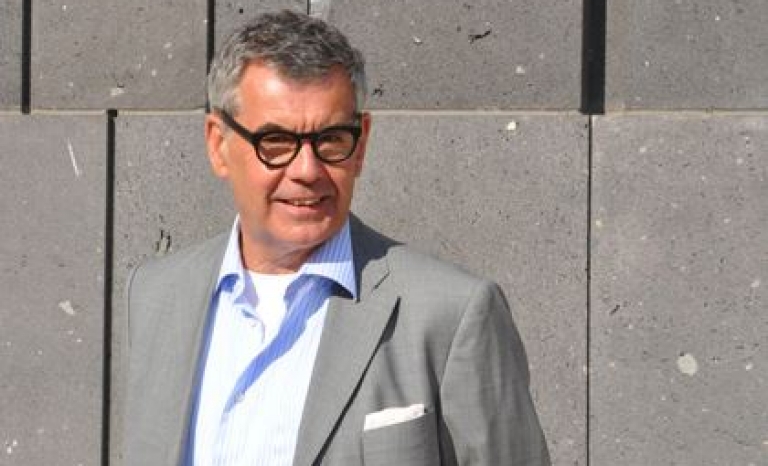
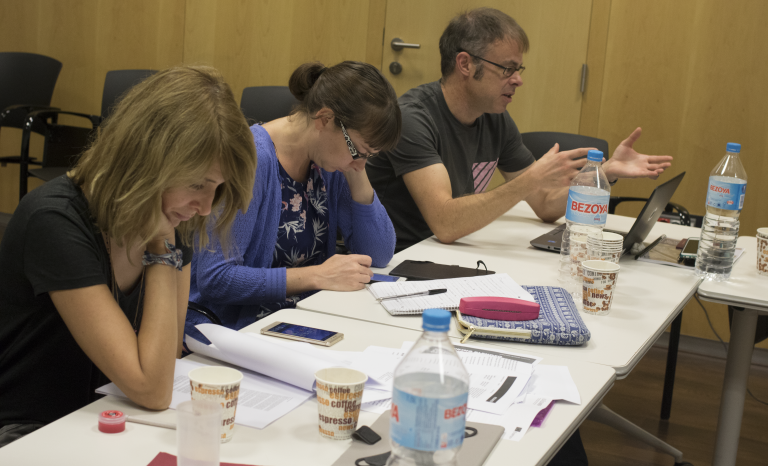
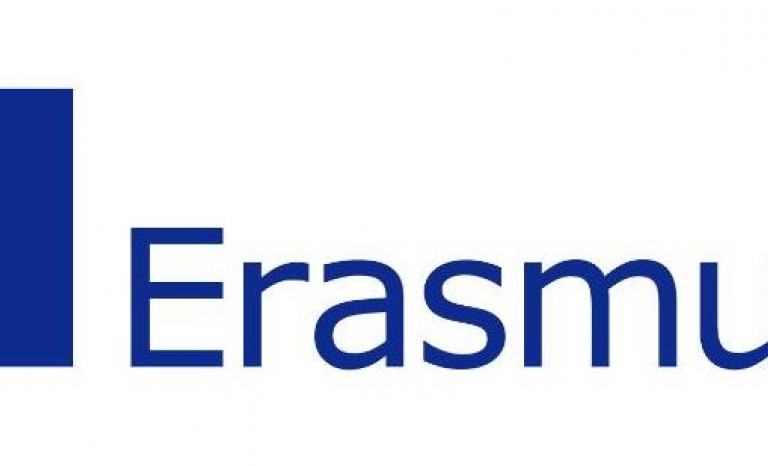
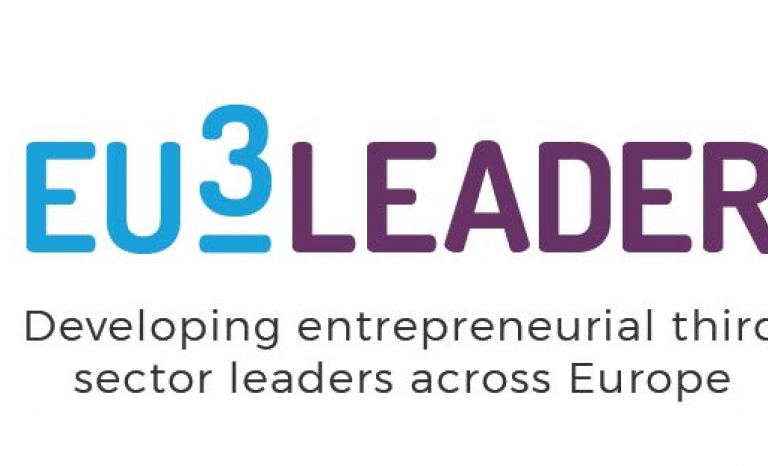

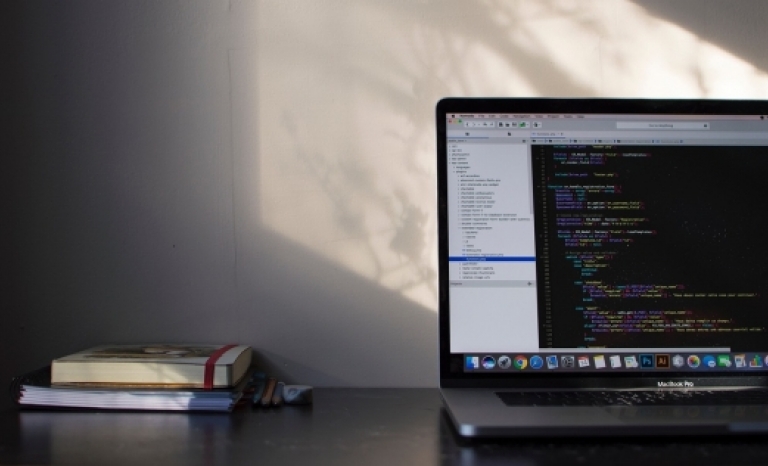
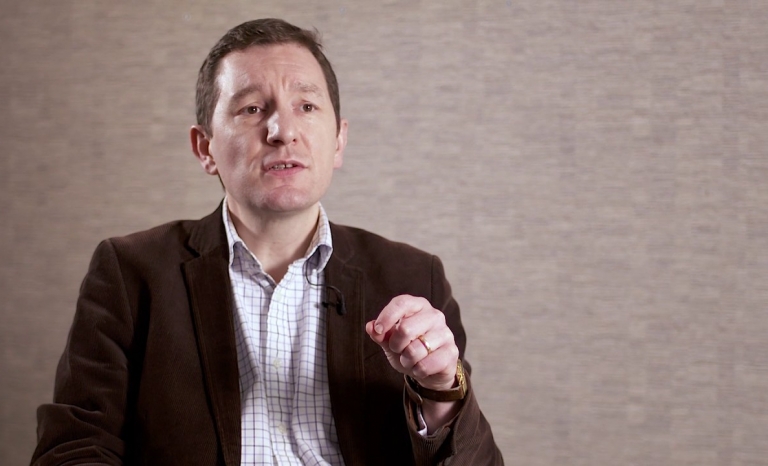
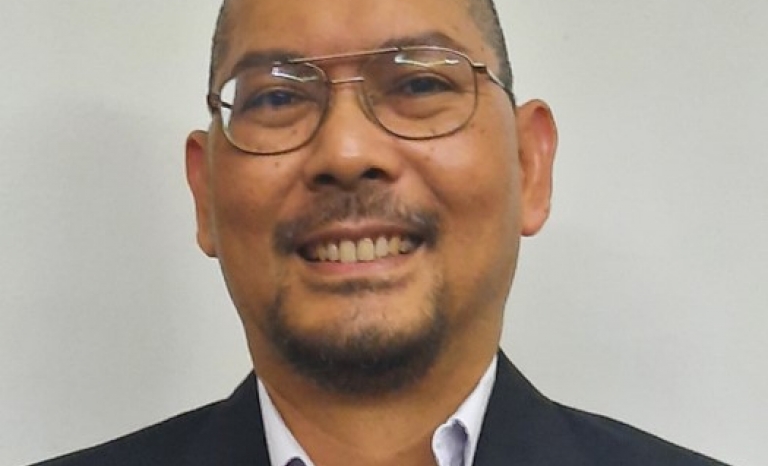



Add new comment